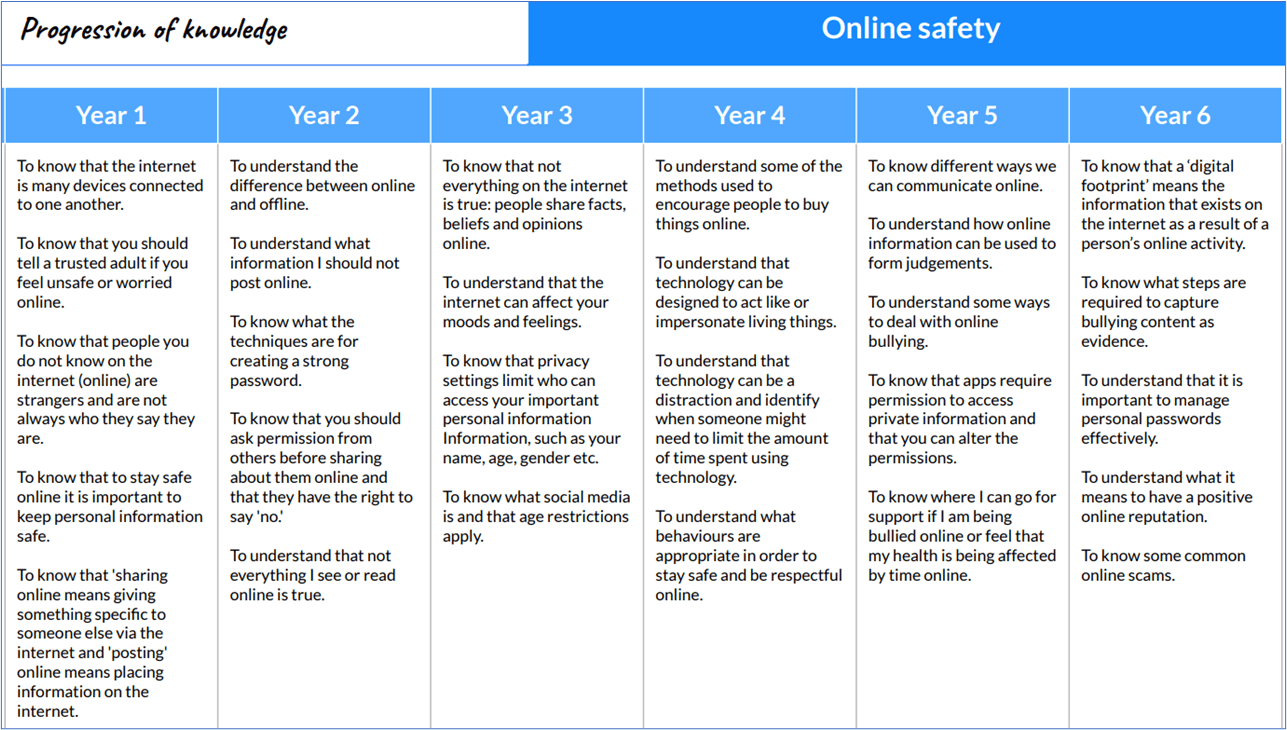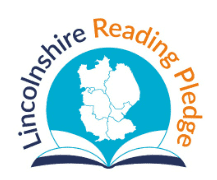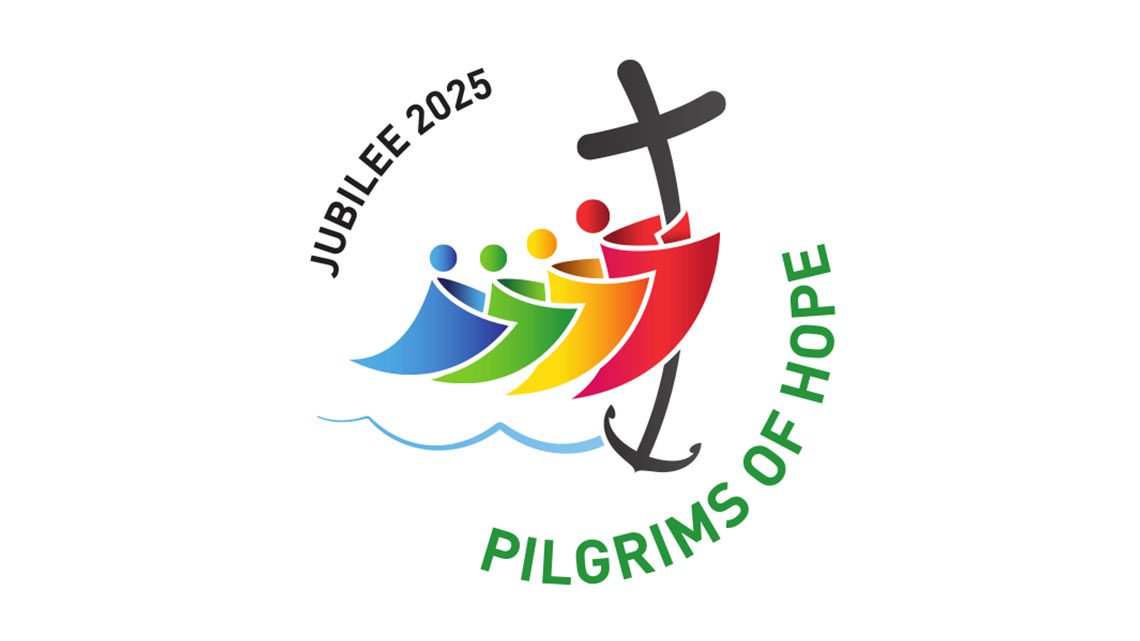Welcome to Computing at St Augustine’s
At St Augustine’s, we believe that information technology, computer science and digital literacy are essential life skills, necessary to fully participate in the modern digital world. Computing should prepare our learners for the future, by giving them the opportunities to gain knowledge and develop skills that will equip them for an ever-changing digital world. A substantial knowledge and understanding of Computing is of increasing importance for children’s futures, both at home and for employment. Computing should also support children’s creativity and cross-curricular learning, to engage children and enrich their experiences in school. Therefore, we strive to give our children access to a rich and varied source of information and content.
Our computing curriculum aims:
- to instill a sense of enjoyment around using technology
- to develop pupil’s appreciation of technology’s capabilities and the opportunities technology offers to create, manage, organise and collaborate
- to develop pupils’ confidence when encountering new technology, which is a vital skill in the ever changing and evolving landscape of technology
- for pupils’ not only to be digitally competent, but have a range of transferable skills at a suitable level for the future workplace to be responsible online citizens
Click here for: Intent, Implementation and Impact statements.
Click here for: Primary National Curriculum Computing
Kapow Computing Curriculum
We follow the Kapow Primary Computing Curriculum and adapt this to suit the needs of our school and our pupils. Kapow Primary Computing ensures a broad and balanced coverage of the National Curriculum requirements, and the ‘skills showcase’ units provide pupils with the opportunity to learn and apply transferable skills. Lessons incorporate a range of teaching strategies from independent tasks, paired and group work as well as unplugged and digital activities. This variety means that lessons are engaging and appeal to all.
The scheme of learning is designed with three strands which run throughout:
- Computer Science
- Information Technology
- Digital Literacy
This is further organised into 5 key areas, creating a cyclical route through which pupils can develop their computing knowledge and skills by revisiting and building on previous learning:
- Computer systems and networks
- Programming
- Creating Media
- Data handling
- Online safety
Click here for: Computing Long Term Plan 2023-2024
Click here for: Computing Medium Term Plan 2023-2024
Click here for: Computing Substantive Knowledge 2023-2024
Click here for: KAPOW Primary Computing Progression Of Knowledge and Skills
Assessment
We use summative assessment at the end of every lesson to track pupil progress against the lesson objective and success criteria. At the end of each topic, we also assess pupil progress with a low stakes quiz to gather topic based assessment information.
Online Safety
With our ever changing world of technology, online safety couldn’t be more paramount. Online Safety is being aware of the nature of the possible threats that you could encounter whilst engaging in activity through the Internet, these could be security threats, protecting and managing your personal data, online reputation management, and avoiding harmful or illegal content. At St Augustine’s, online safety is a central thread interwoven throughout each topic area and is therefore taught as part of each and every topic.










